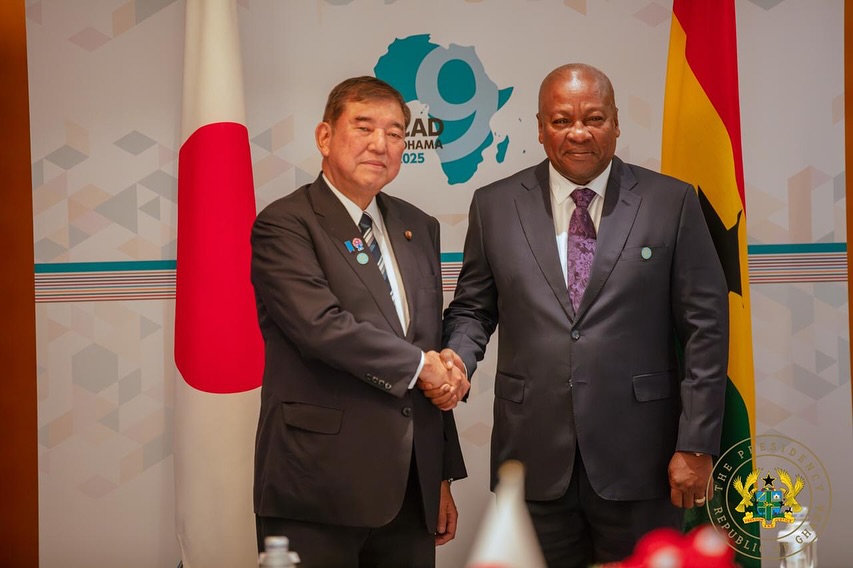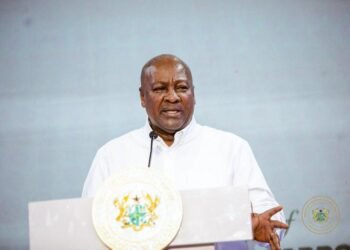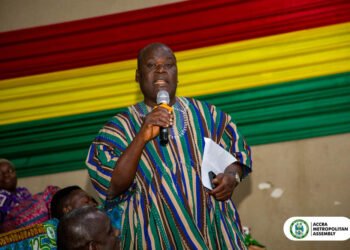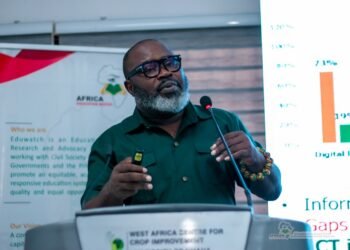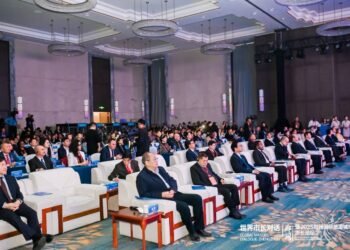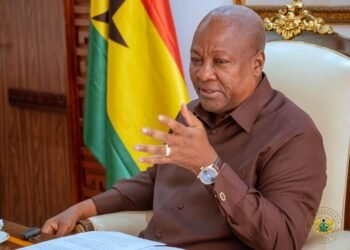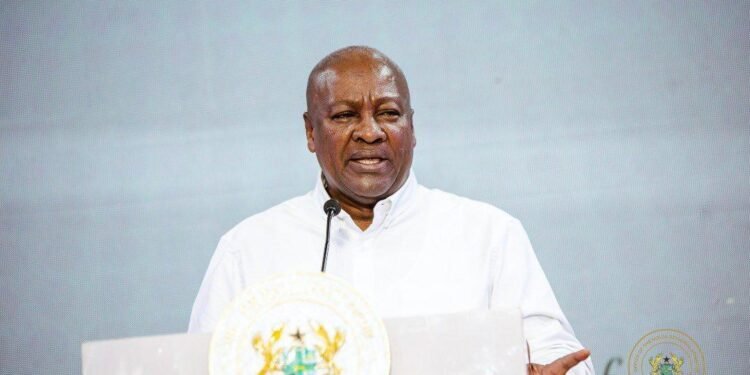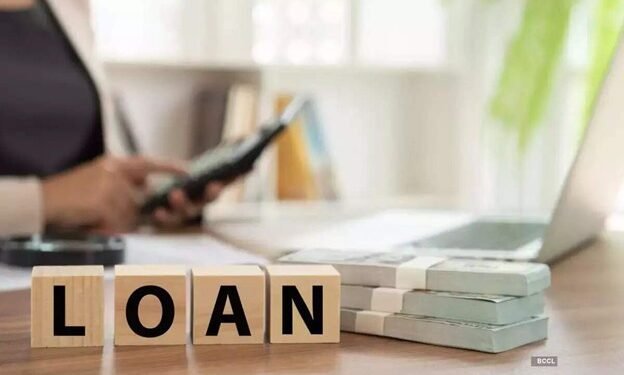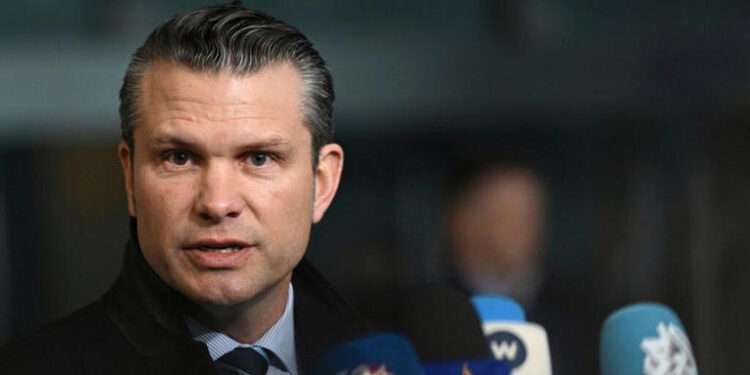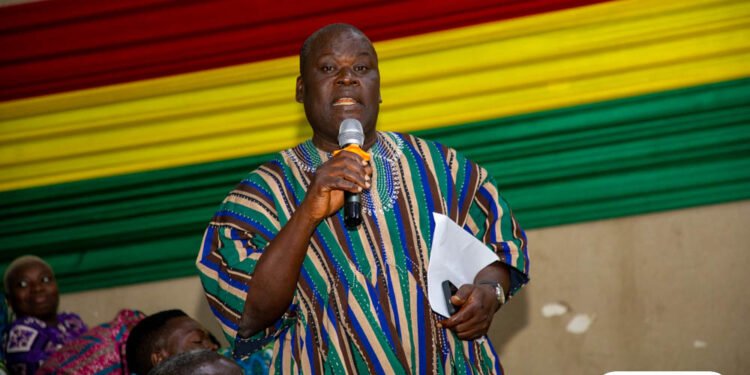President John Dramani Mahama has reaffirmed Ghana’s commitment to strengthening ties with Japan, highlighting critical areas of cooperation that include cocoa processing, strategic infrastructure development, and cultural exchange.
The President outlined these priorities following a high-level meeting with Japanese Prime Minister Shigeru Ishiba, during which both leaders pledged to accelerate collaborative projects with direct benefits for the Ghanaian economy.
At the center of discussions was Ghana’s long-standing role as the largest supplier of cocoa beans to Japan, accounting for approximately 70 percent of the Asian nation’s imports.
President Mahama disclosed that he had extended an invitation for Japanese investment in Ghana’s cocoa sector, with particular emphasis on a public–private partnership with the Cocoa Processing Company.
This, he explained, would not only revamp the company’s capacity but also deepen value addition locally, ensuring that Ghana benefits more significantly from its cocoa exports.
“While cocoa continues to define our economic ties, the real value lies in processing more of it here in Ghana. We encouraged Japan to invest directly in this effort and to partner with the Cocoa Processing Company to make that transformation happen”.
President John Dramani Mahama
He underscored that expanded processing would create jobs, raise incomes, and strengthen Ghana’s resilience in the global cocoa trade.
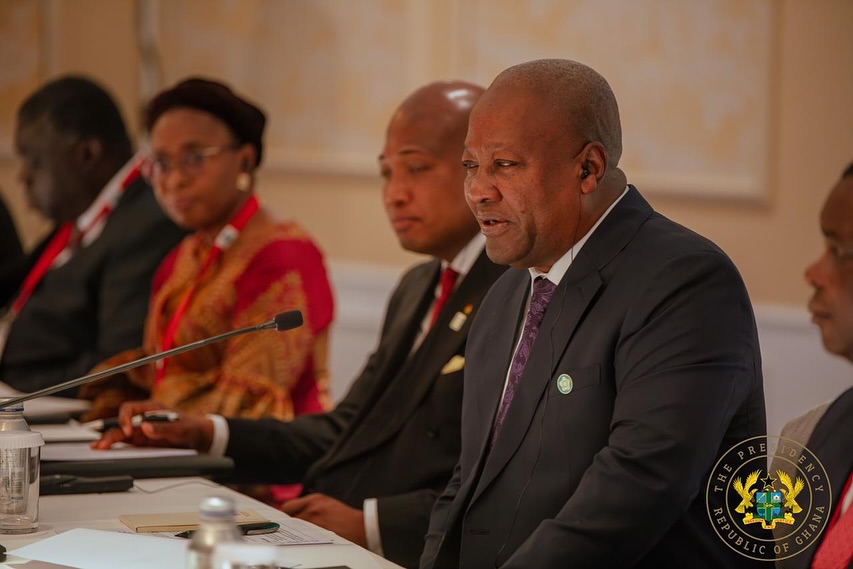
Volivo Bridge Project
Infrastructure development also featured prominently on the agenda. President Mahama revisited Ghana’s long-pending Volivo Bridge project over the Volta Lake, a strategic link designed to facilitate the movement of agricultural produce such as yams and maize from the north to markets in the south.
He recalled that Japan had already committed JPY 11.239 billion to support the project, an agreement signed in 2016, and pressed for additional assistance to close the funding gap.
“We expressed appreciation for the initial support from Japan, but I also reiterated our request for additional funding, especially grants, to close the remaining 64 percent procurement gap and to accelerate the delivery of this vital project”.
President John Dramani Mahama
According to President Mahama, Prime Minister Ishiba reaffirmed Japan’s readiness to support Ghana in addressing the outstanding financing challenges and emphasized Tokyo’s interest in working with Accra to ensure the project moves forward swiftly.
Ghana–Japan Historical Relations
Beyond cocoa and infrastructure, both leaders reflected on the rich history of Ghana–Japan relations. They noted upcoming milestones, including the centenary of Japanese researcher Dr. Hideyo Noguchi’s arrival in Ghana and the 50th anniversary of the Japan Overseas Cooperation Volunteers (JOCV) in 2027.
These, President Mahama said, represent “important markers in our enduring partnership,” symbolizing the people-to-people ties that continue to shape bilateral cooperation.
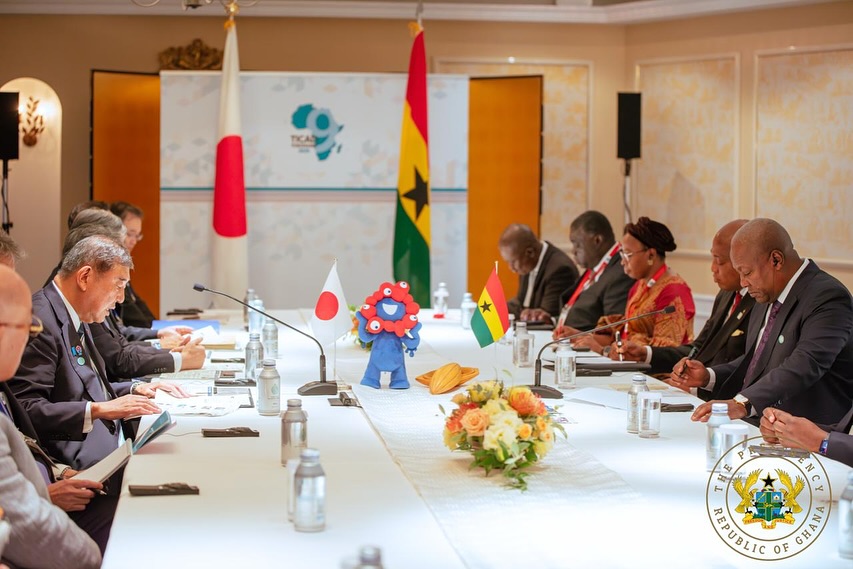
The discussions also extended into multilateral diplomacy. Ghana pledged its support for Japan’s candidate, Masahiko Metoki, for the position of Director General of the Universal Postal Union’s International Bureau.
Both countries further explored ways to collaborate on reforms at the United Nations Security Council, where Ghana and Japan share mutual concerns about equitable representation and the need for reform in global governance structures.
For President Mahama, the talks marked more than ceremonial diplomacy; they were about securing tangible outcomes that directly impact Ghanaian livelihoods. “I am grateful for Japan’s continued friendship and look forward to concrete next steps that deliver jobs, value addition, and connectivity for Ghanaians,” he affirmed.
The renewed focus on cocoa value addition and the Volivo Bridge reflects Mahama’s broader economic vision of industrial transformation and inclusive development.
By linking Ghana’s raw commodity exports to industrial processing and investing in the logistical backbone for agricultural trade, the government seeks to create a stronger foundation for long-term growth.
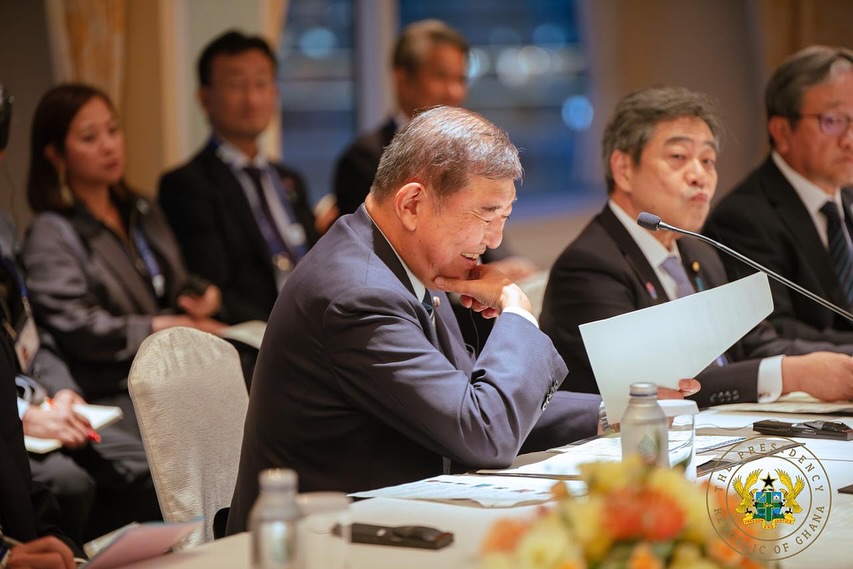
The President’s call for Japanese support also signals Ghana’s intent to anchor development partnerships in shared value creation rather than aid dependency. With Japan’s reputation for technological innovation and infrastructure delivery, Ghana is positioning itself to leverage this relationship for national development priorities.
For President Mahama, the immediate priority remains ensuring that discussions translate into measurable outcomes for ordinary Ghanaians—jobs in cocoa processing, improved roads and bridges, and deeper integration into global decision-making platforms.
READ ALSO: Africa Must Seize Energy Transition or Risk Becoming “Rule-Takers” – NRGI Director



